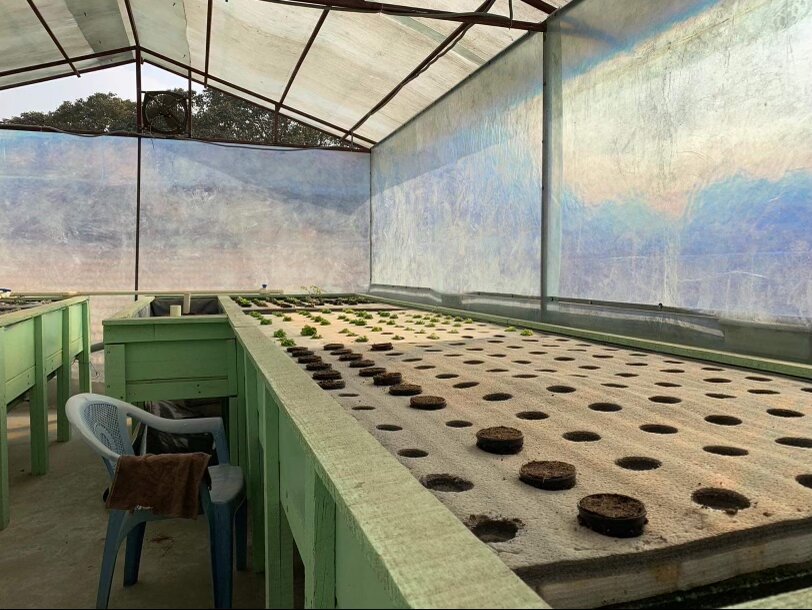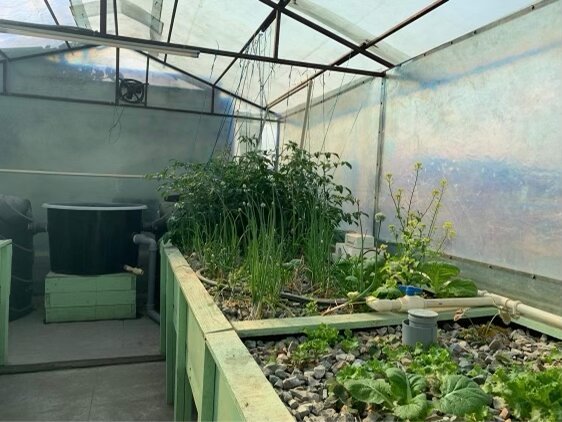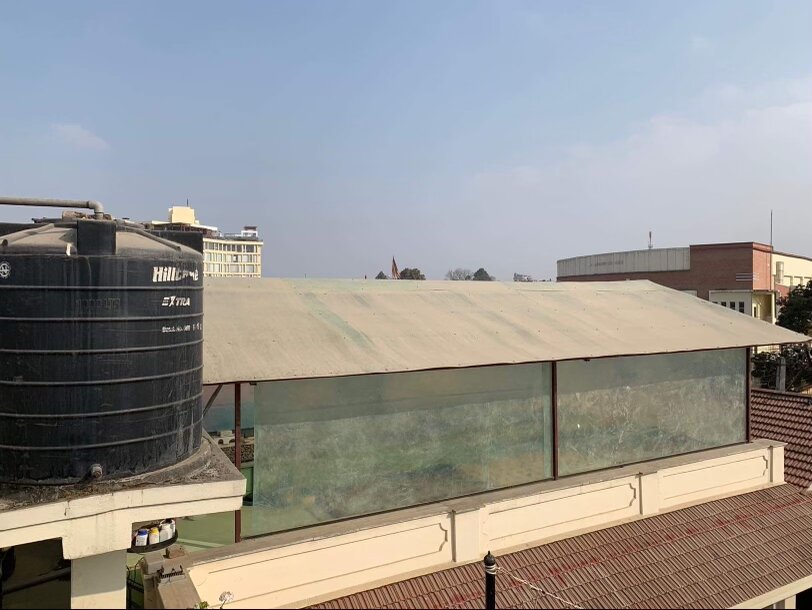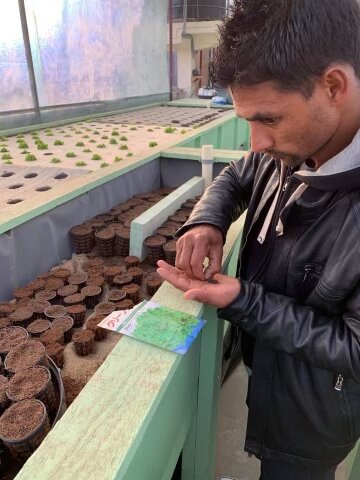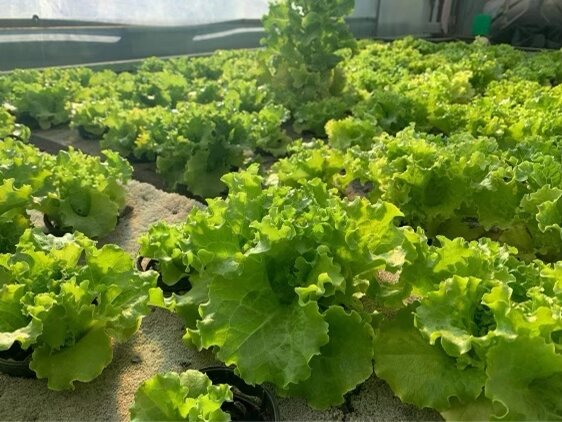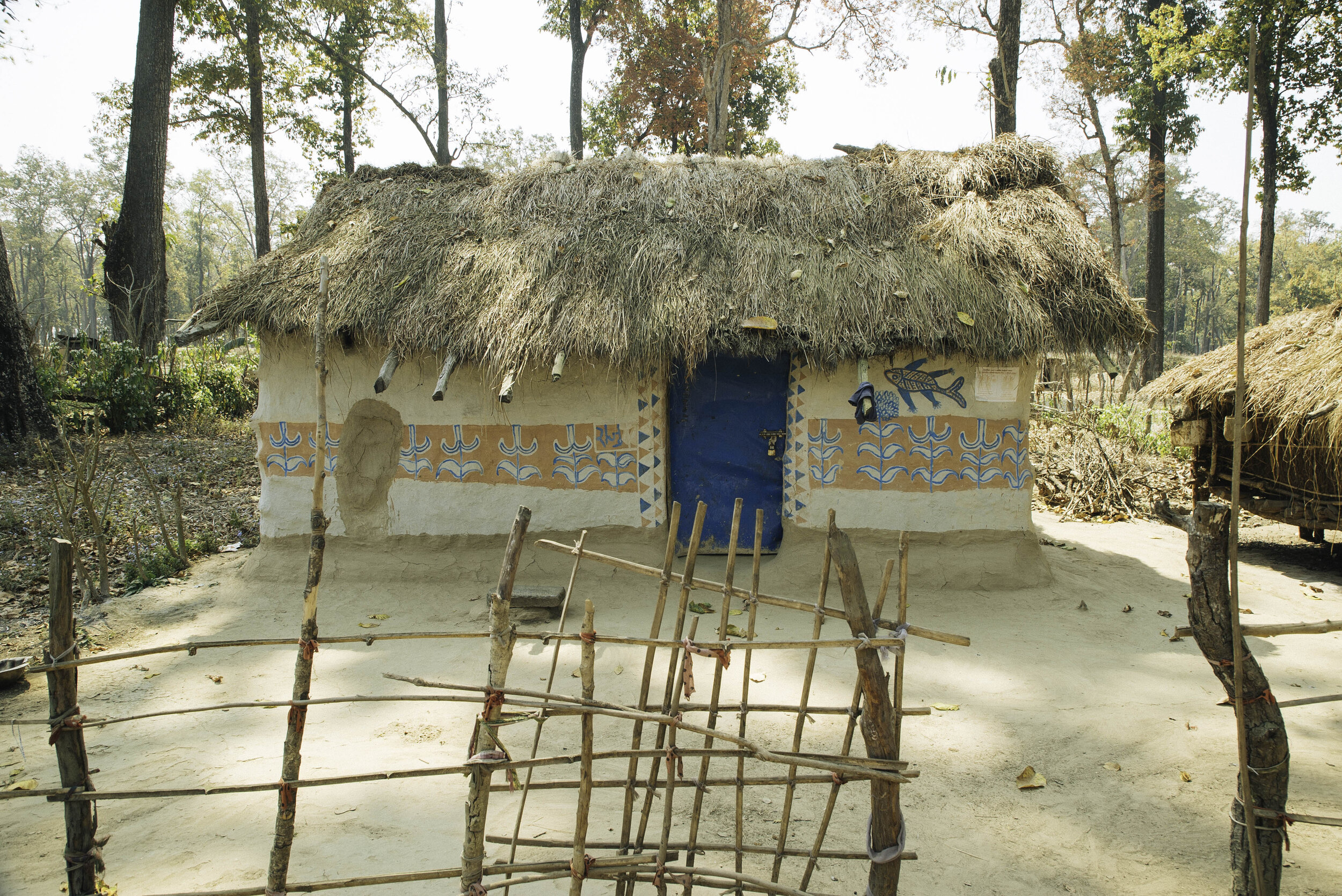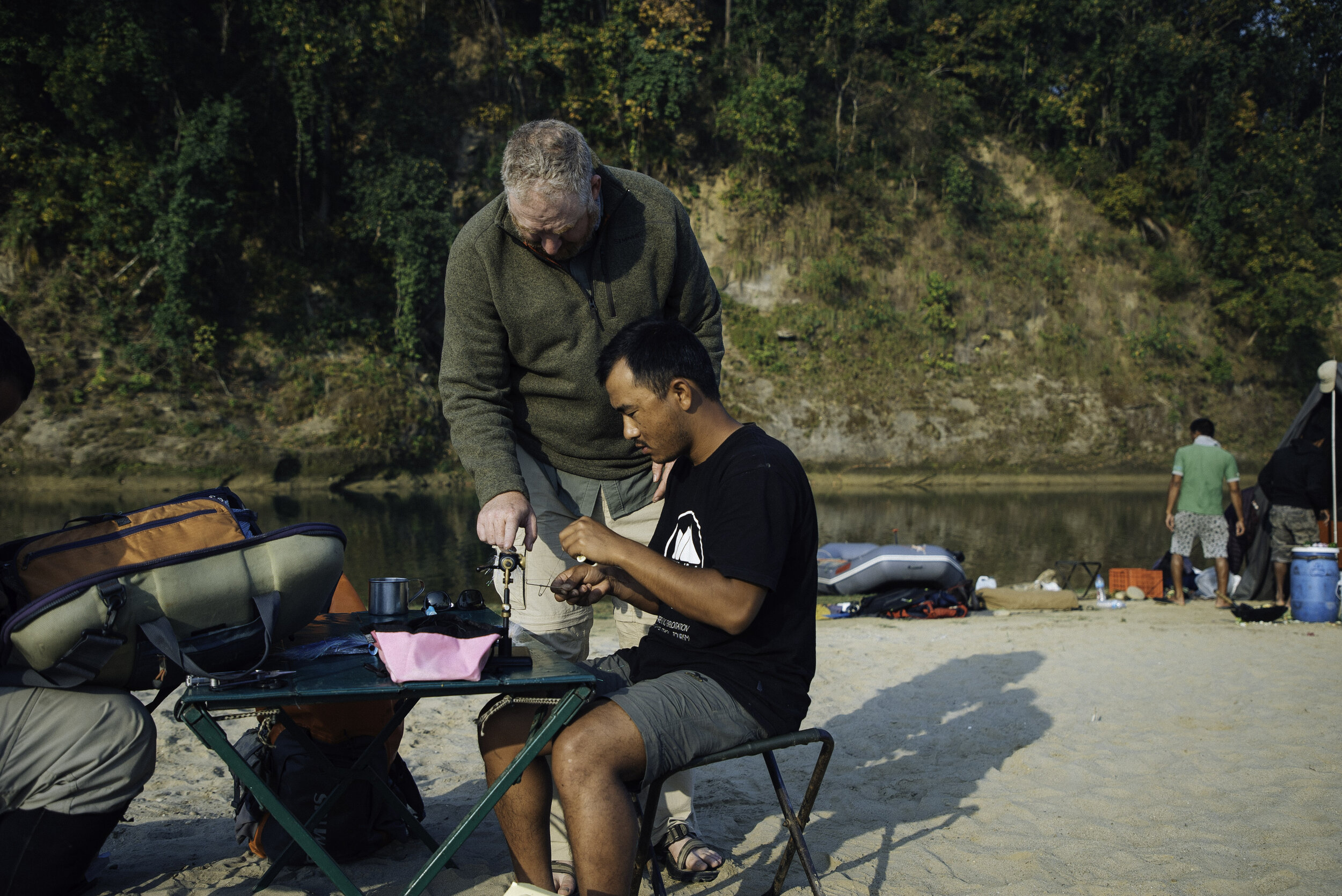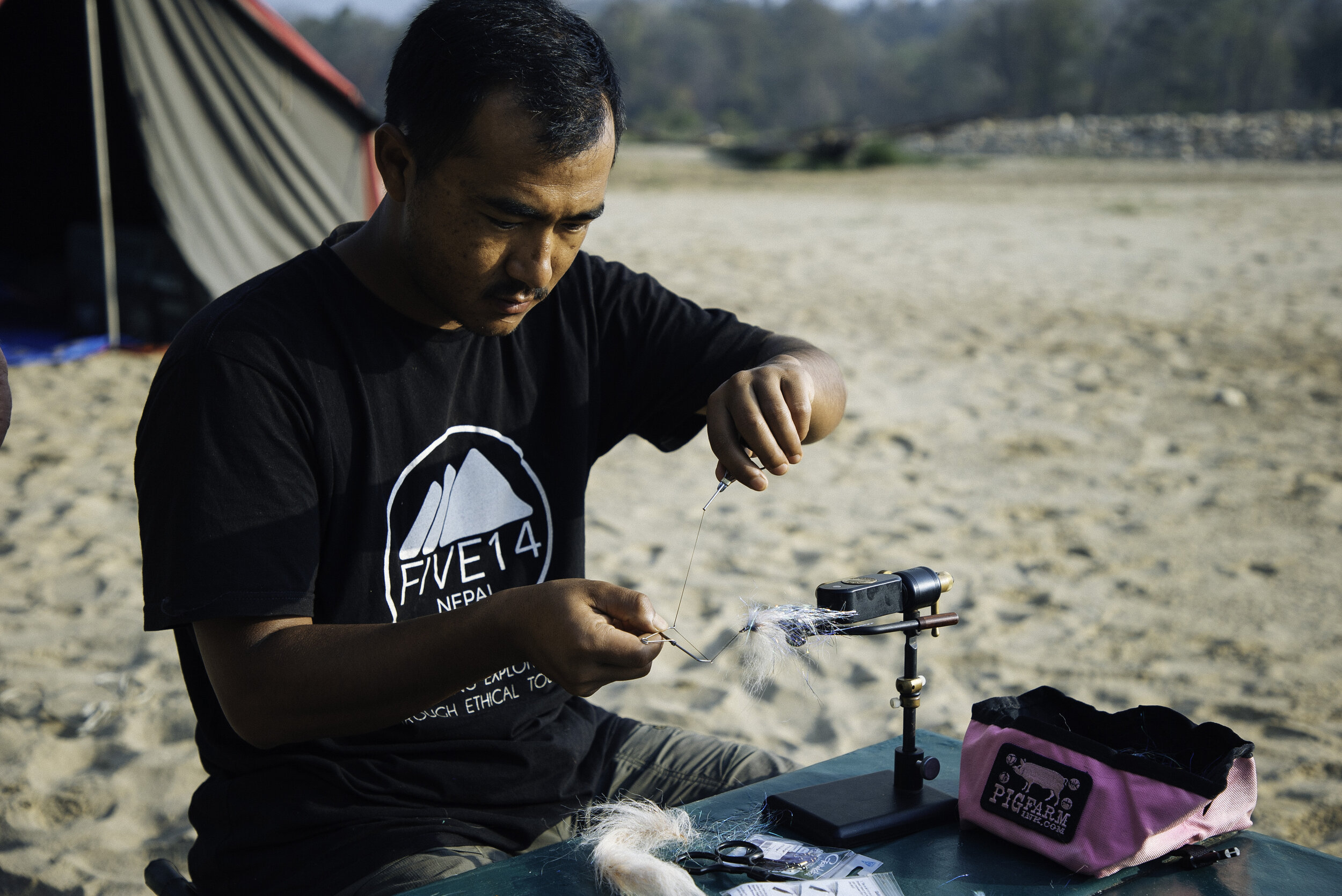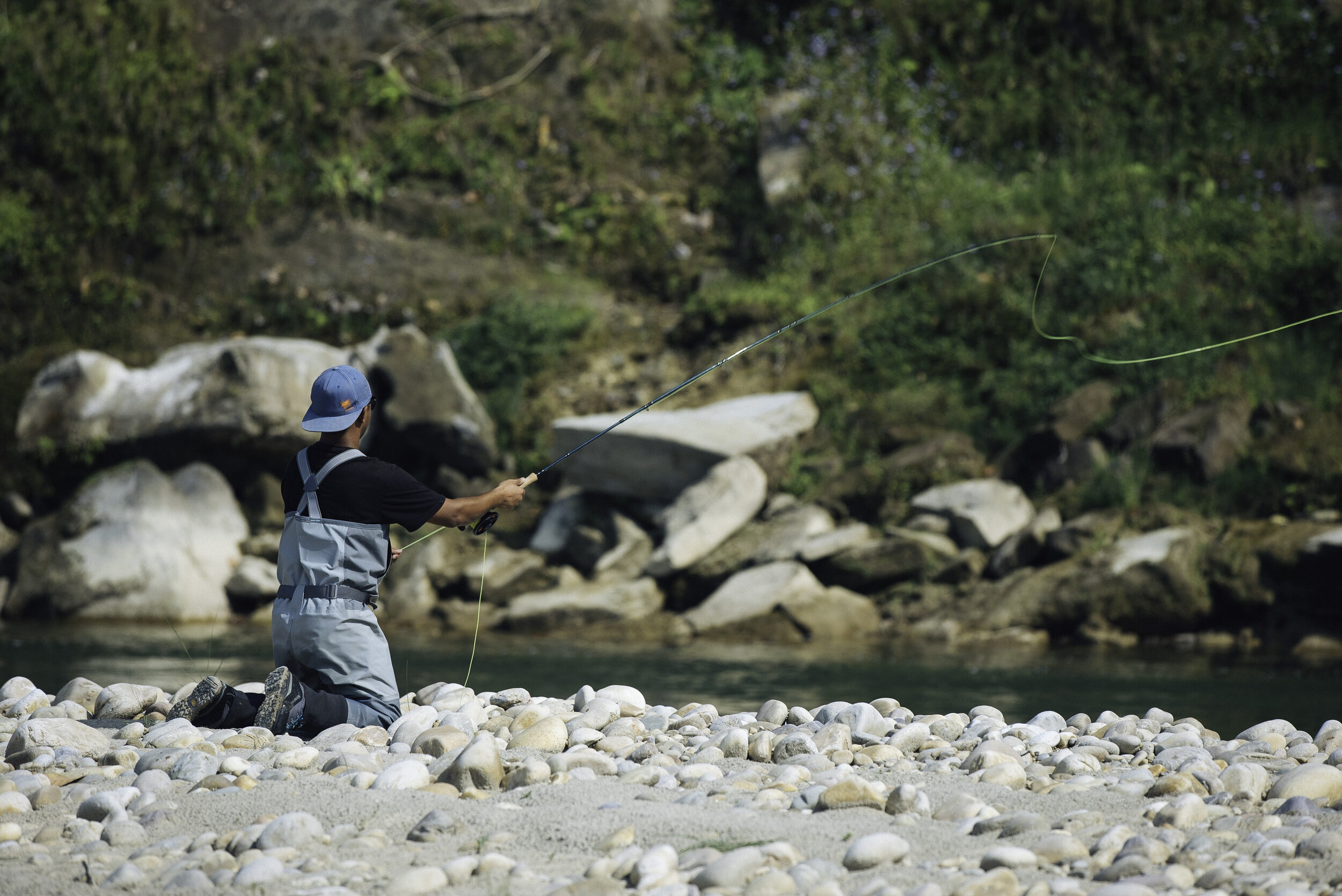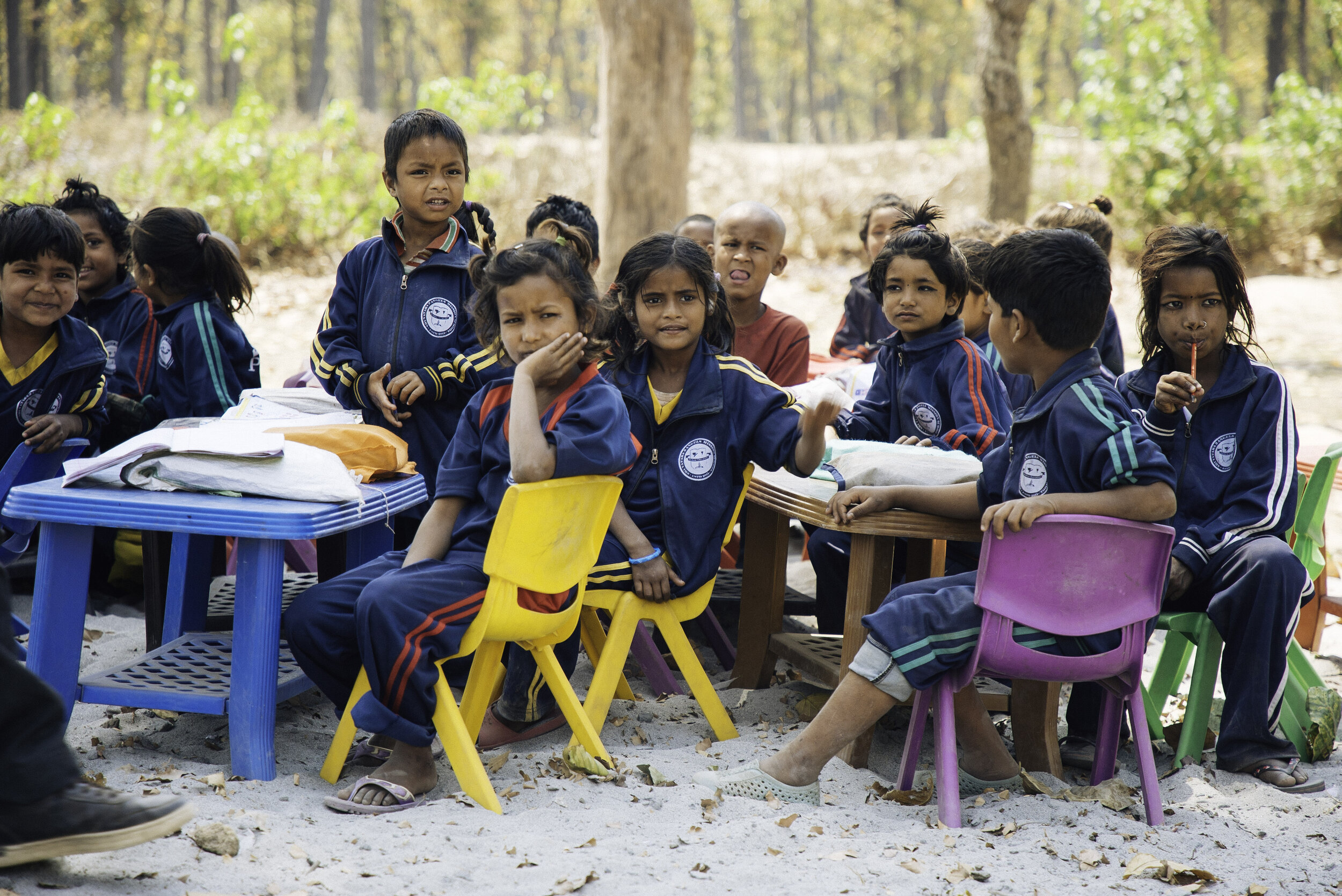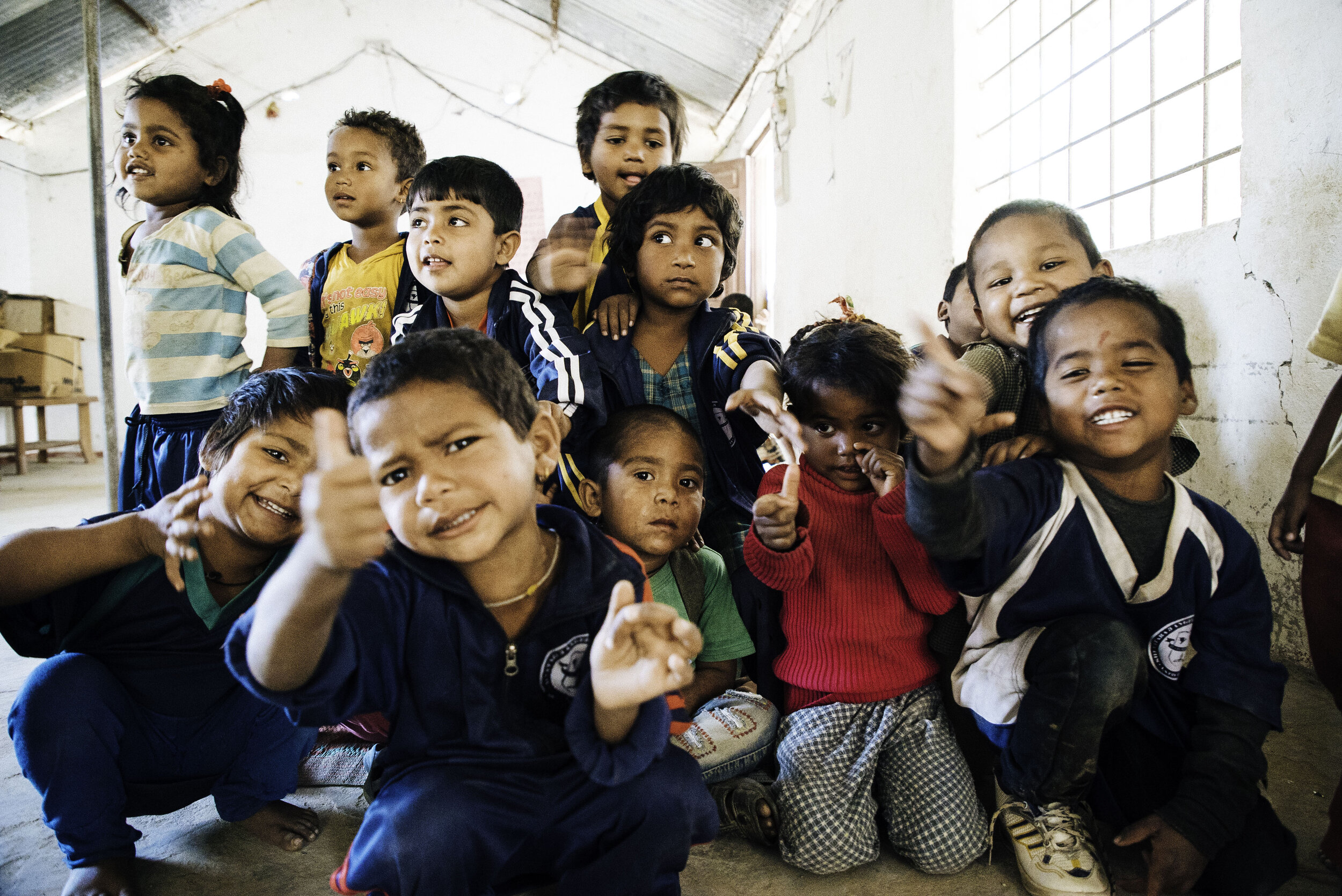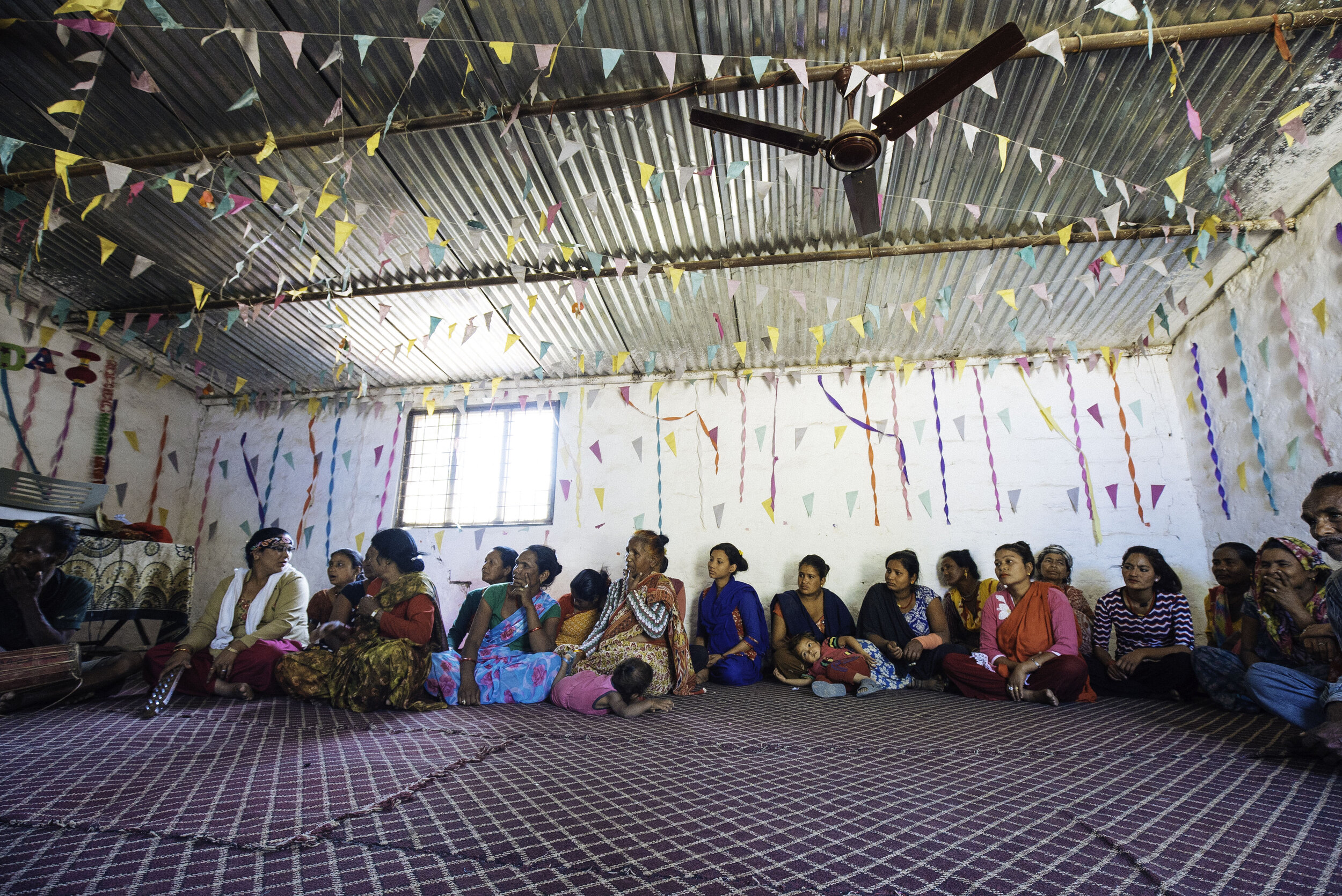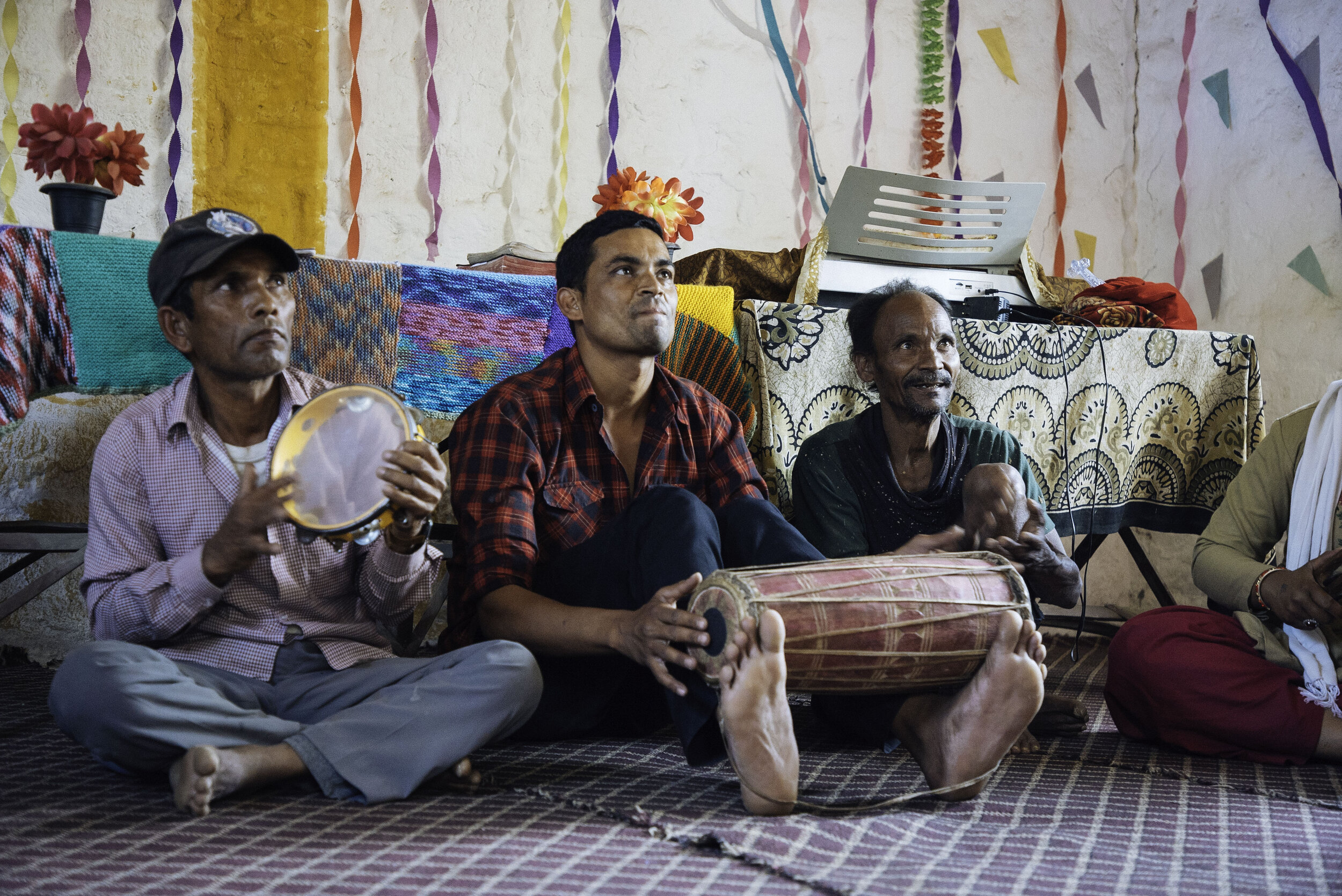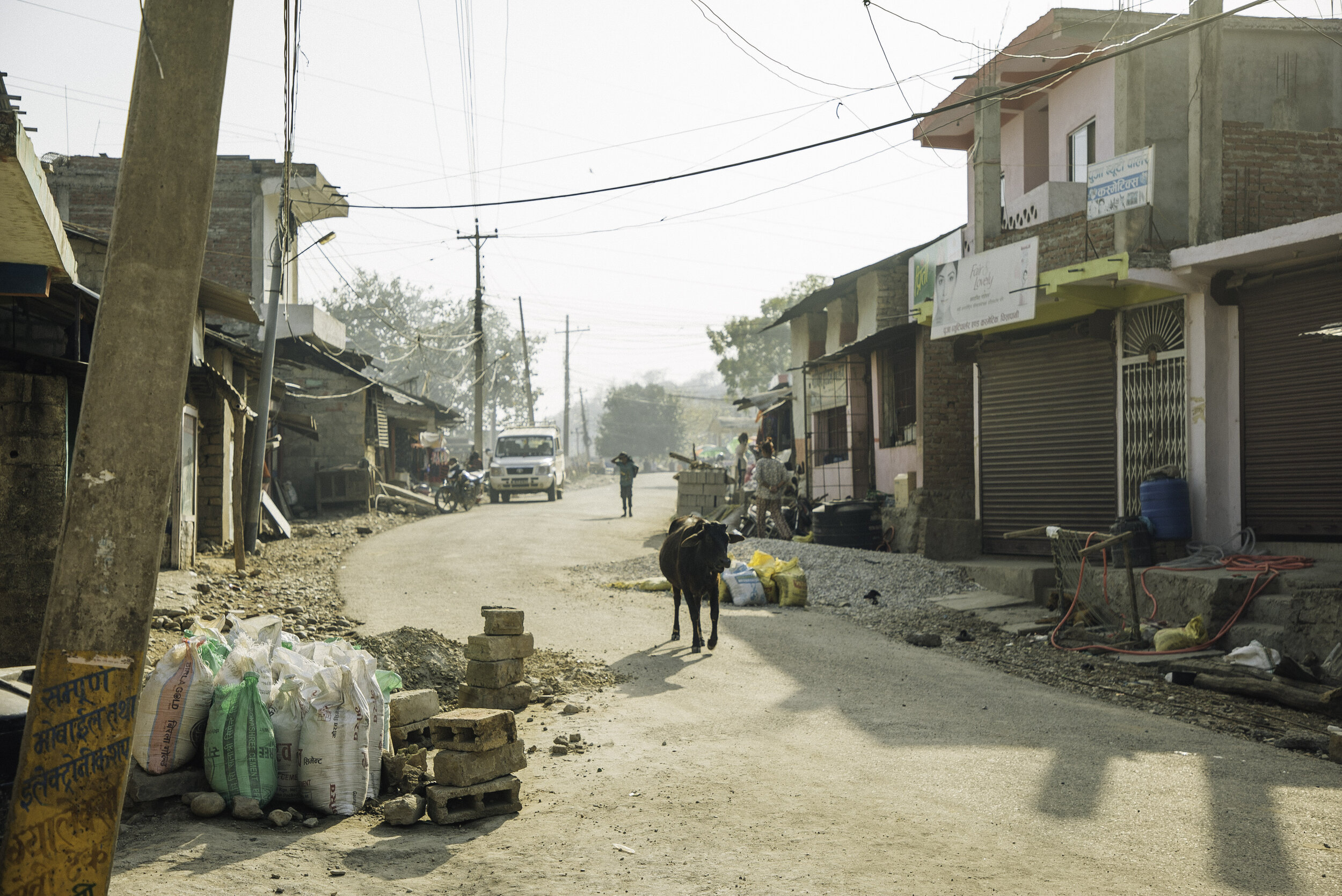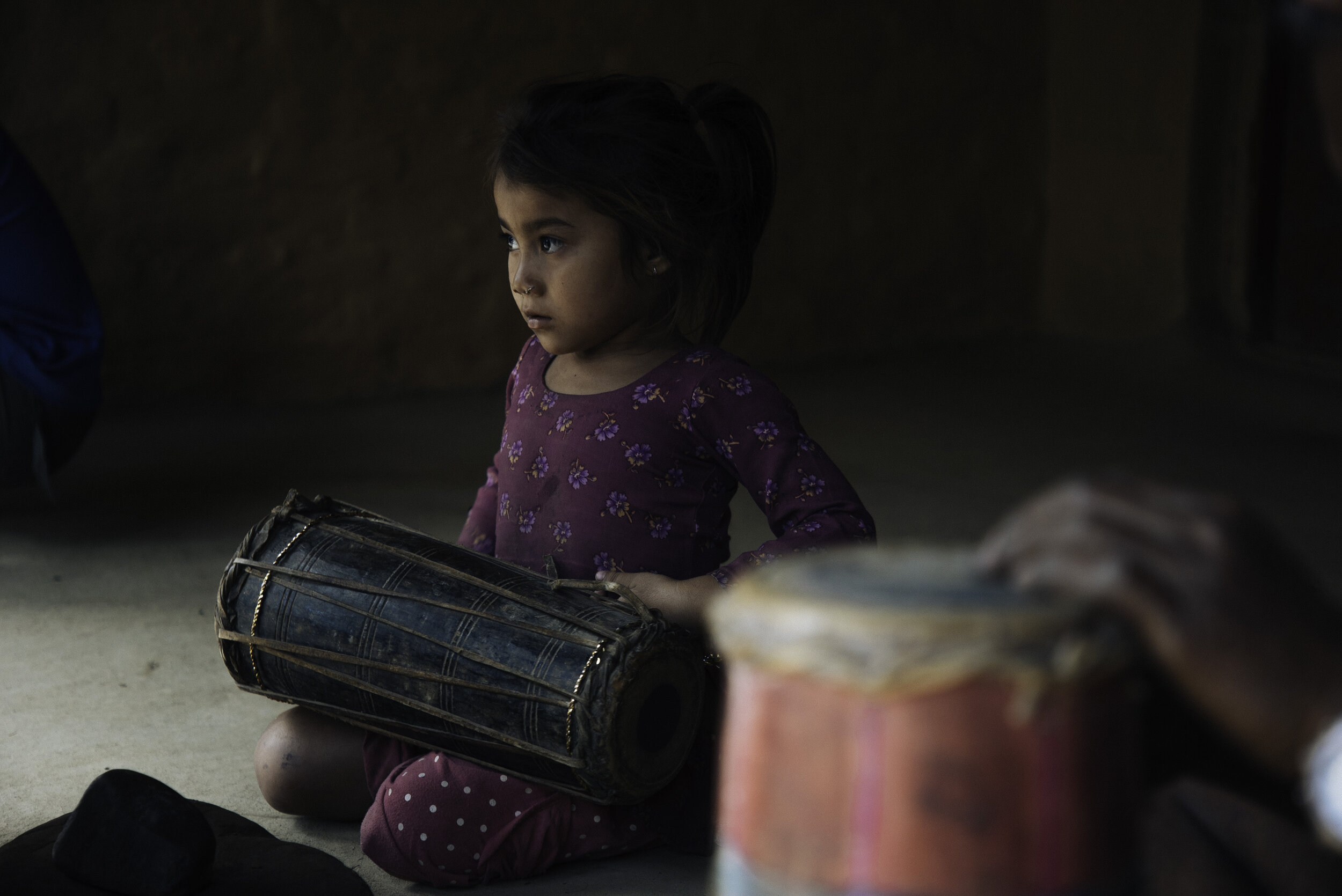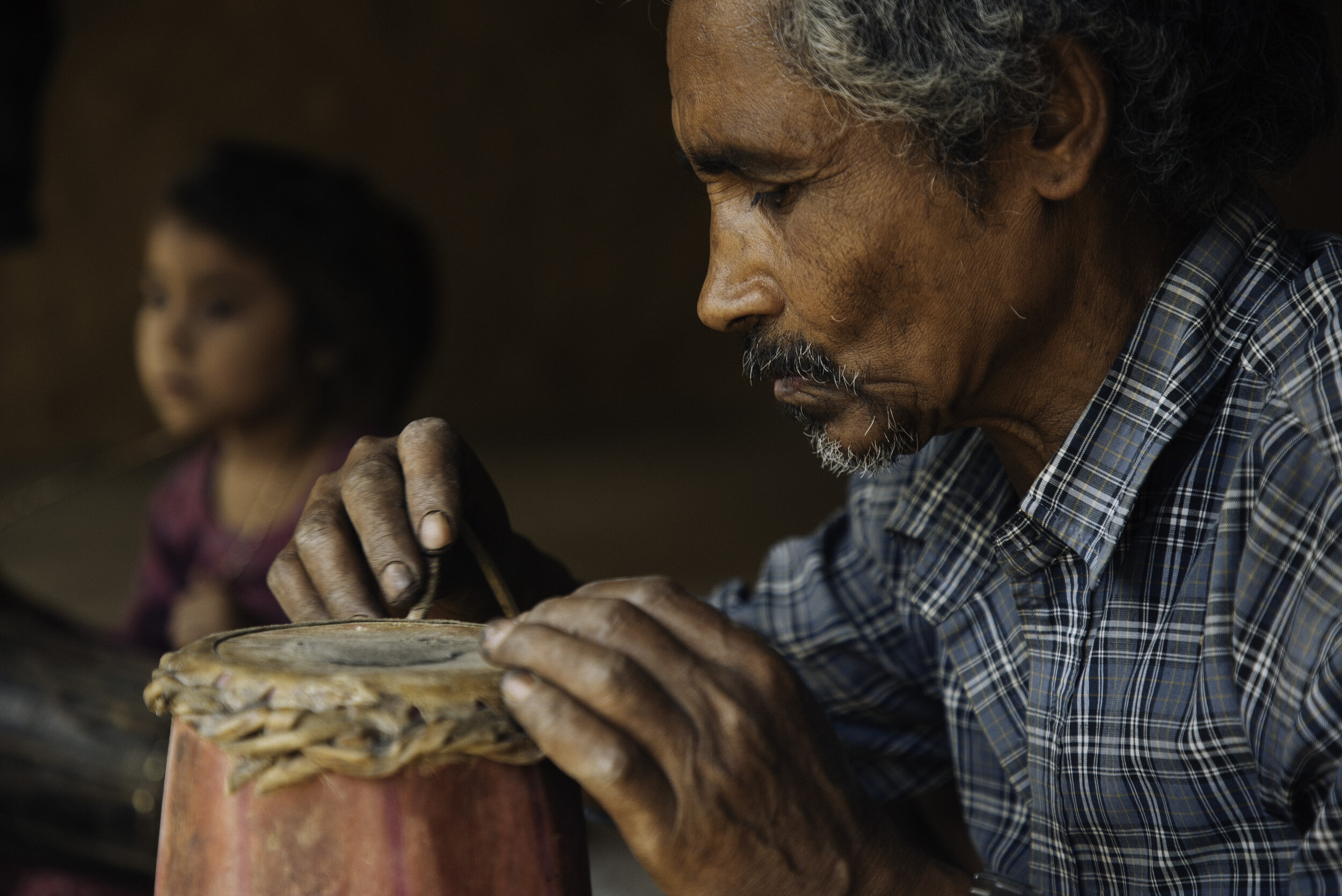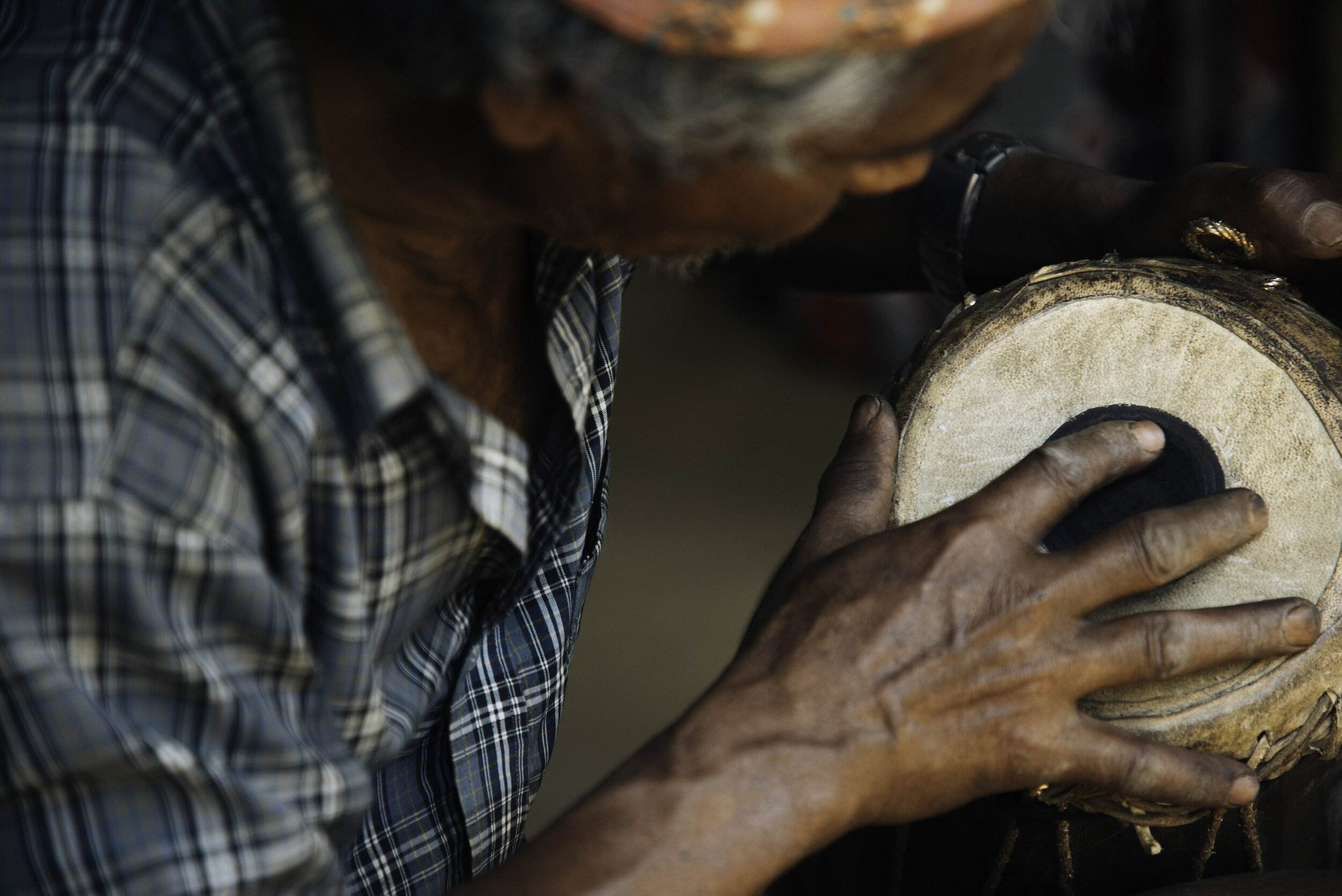Kathmandu, Nepal
Location: Kathmandu, Nepal
Date: October 2018
Project type: New Aquaponics System Construction
Partners: Five14 Nepal
Size and Capacity
14’ x 33’: Greenhouse footprint
1,400 gallons: Recirculating water
2/300 gallon: Fish tanks/sump
96 sq ft: Deep water culture
120 fish: Catfish, Tilapia
300: Leafy plant capacity
Nepal statistics
US Dept of State: Tier 2
Population: 29,751,851
Victimization: Child Trafficking, Sex Trafficking, Forced Labor
Details
Nepal is one of the most underdeveloped countries in the world and has a long history of trafficking in both the sex industry and forced labor. An estimated five to ten thousand women and children, mostly from lower castes, are sold and trafficked into India each year.
By partnering with a local freedom company in Kathmandu, Five14Nepal, we have identified several villages that would greatly benefit from sustainable farming. Each village is overwhelmed by poverty and is significantly affected by child trafficking. By creating a sustainable food source, and the potential for new jobs, we
can help keep more women and children from being treated as commodities.
This farm, our first in Nepal, was built at Five14Nepal’s headquarters in Kathmandu, and will initiate the launch of our new training program. The program will teach aquaponics farming to community leaders, villagers, and anyone else who is interested in learning how to create sustainable solutions in their community. The need in Nepal is great, and so is our mission there. By partnering with local freedom companies, like Five14Nepal, and establishing a new training program that provides tools for empowerment, we are helping to create a more free and hopeful world.
In addition to this farm, we already have our sights set on establishing farms in villages throughout Western Nepal. Some of the “lowest ranking” people who are deeply impacted by sexual exploitation live in the Bardia region of Nepal. Stuck in the lowest caste possible, with no means of livelihood, many women resort to selling themselves, or their children, to survive. Aquaponics farming can help pave the way out of sex trafficking for these women.
